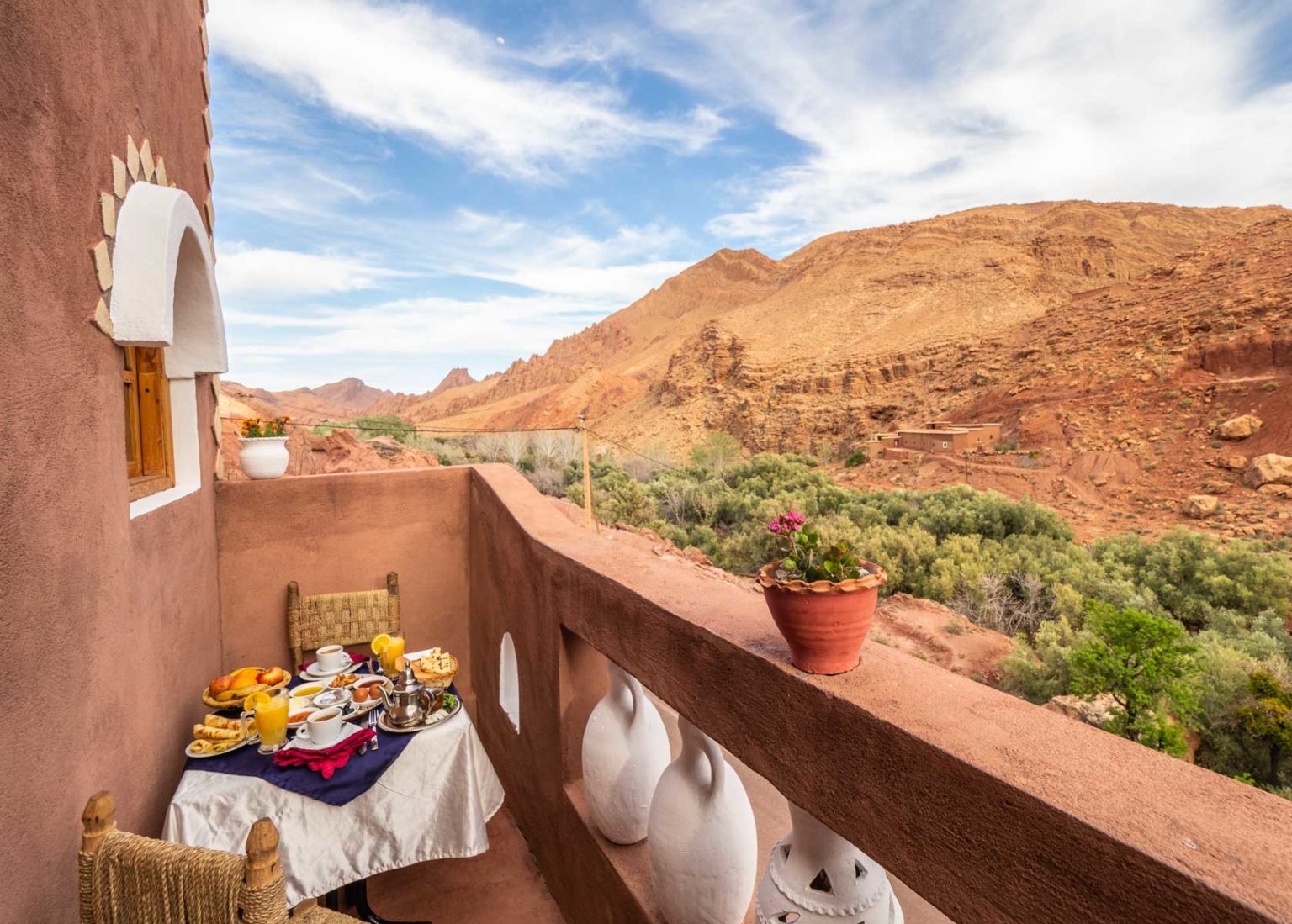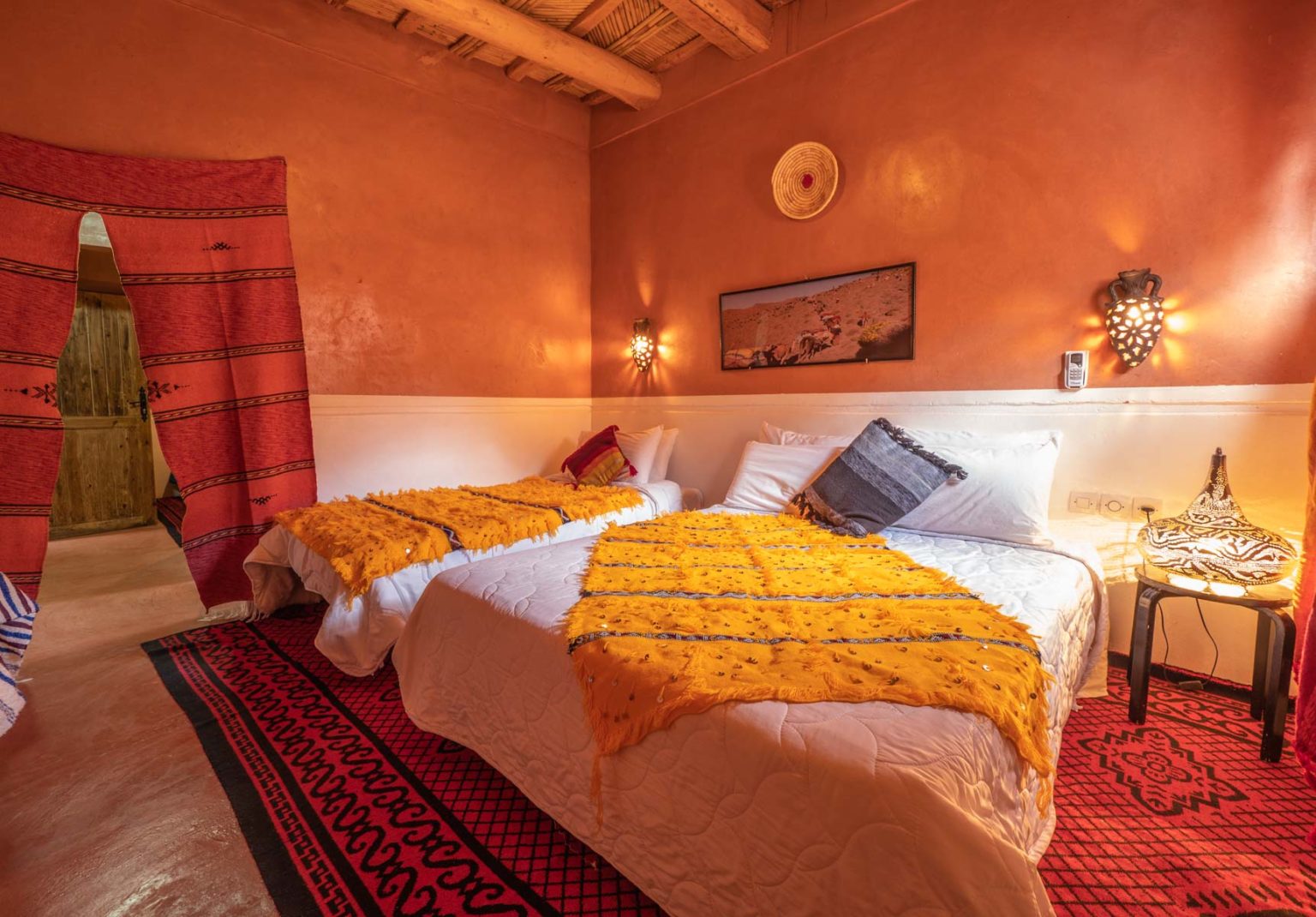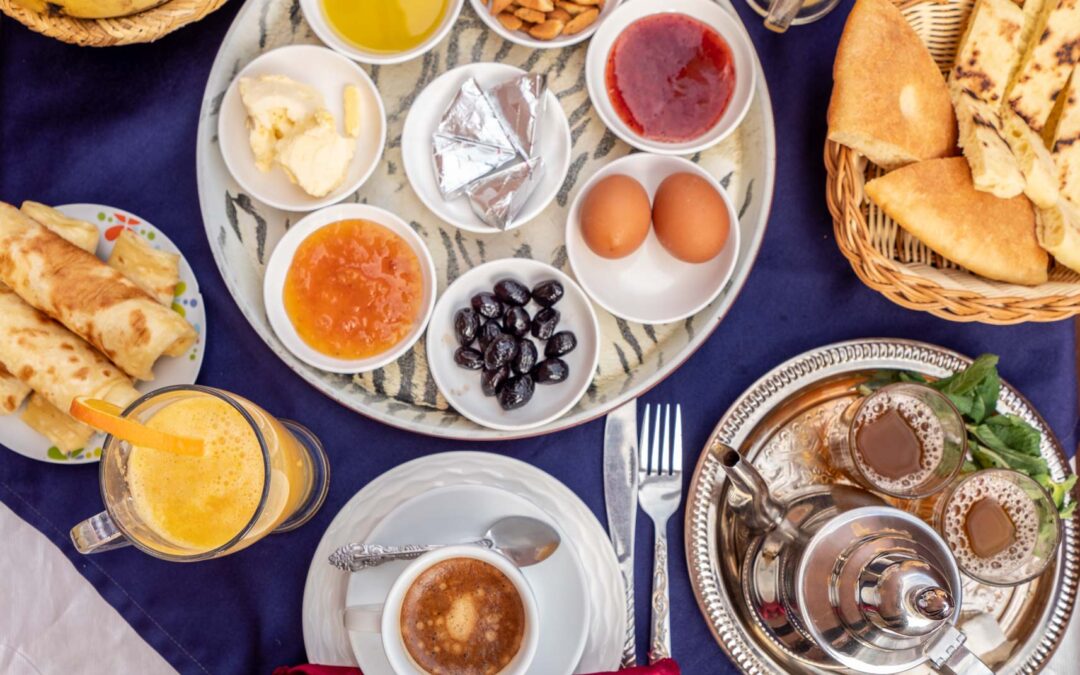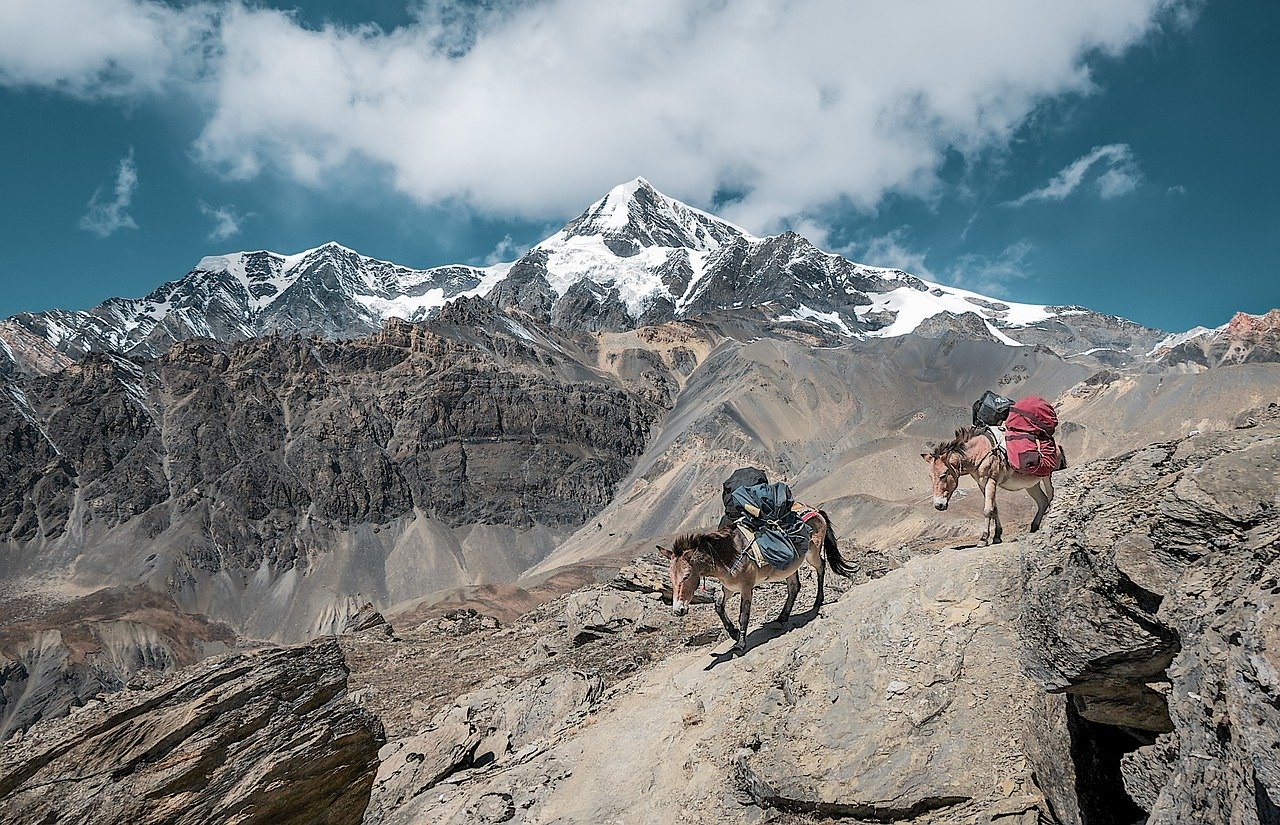
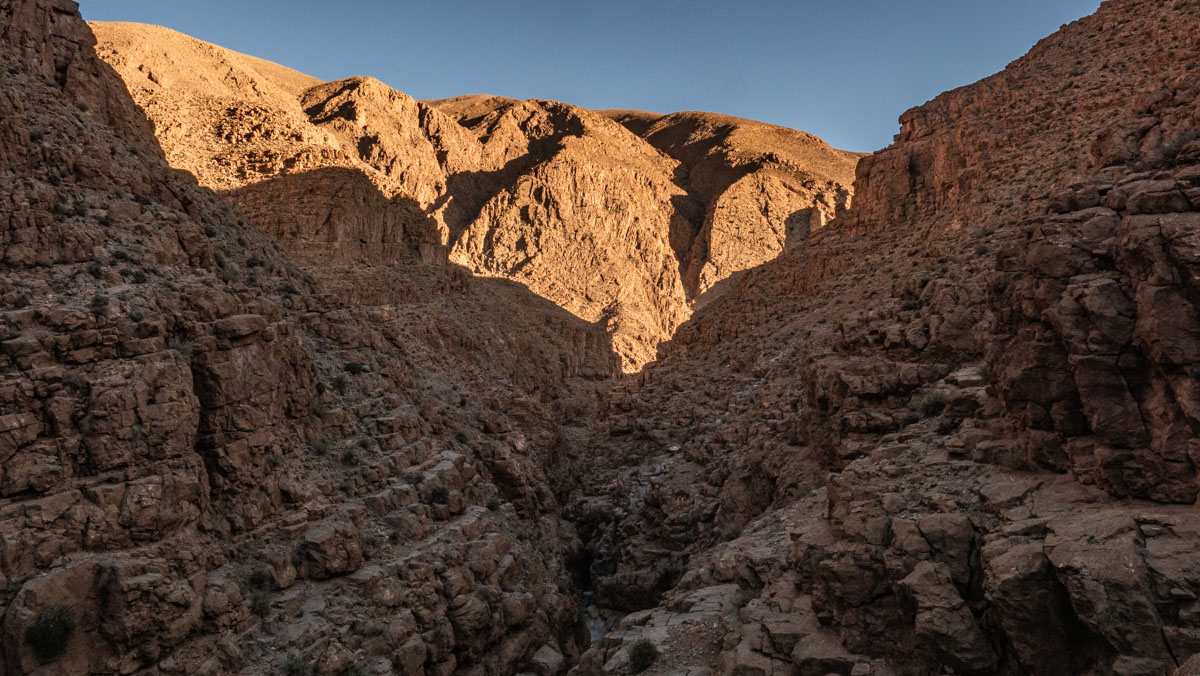
Uncovering the History of the Berber People in Morocco
The Berber people of Morocco have a rich and fascinating history that dates back thousands of years. Their culture, traditions, and way of life have played a significant role in shaping the country’s identity and heritage. In this article, we will delve into the history of the Berber people in Morocco, exploring their origins, customs, and influence on the country’s cultural landscape.
The Origins of the Berber People
The Berber people are indigenous to North Africa, with a presence in Morocco that predates the Arab conquest of the region. They are believed to be descendants of the pre-Arab inhabitants of the area, with a distinct language and cultural heritage that sets them apart from other ethnic groups in the region.
Throughout history, the Berber people have faced various challenges, including invasions, colonization, and marginalization. Despite these obstacles, they have managed to preserve their unique identity and traditions, making them an integral part of Morocco’s diverse cultural tapestry.
The Cultural Heritage of the Berber People
The Berber people have a rich cultural heritage that is reflected in their art, music, dance, and cuisine. Their traditional crafts, such as carpet weaving, pottery, and jewelry making, are highly valued for their intricate designs and vibrant colors.
Music and dance play a significant role in Berber culture, with rhythmic drumming, chanting, and traditional instruments like the guembri and bendir creating a lively and festive atmosphere at celebrations and gatherings.
The Influence of the Berber People on Moroccan Society
The Berber people have had a profound influence on Moroccan society, particularly in the areas of language, architecture, and agriculture. The Berber language, Tamazight, is still spoken in many parts of Morocco, alongside Arabic and French.
Traditional Berber architecture, characterized by its use of natural materials like adobe and stone, can be seen in the construction of homes, mosques, and kasbahs throughout the country. The intricate geometric patterns and decorative motifs found in Berber architecture are a testament to the skill and craftsmanship of the builders.
In agriculture, the Berber people have developed innovative techniques for farming in the arid regions of Morocco, such as terraced farming and irrigation systems. These methods have allowed them to cultivate crops like olives, almonds, and figs in challenging environments, contributing to the country’s agricultural productivity.
Auberge Atlas Dades: Exploring Berber Culture in Morocco
For travelers looking to immerse themselves in Berber culture and history, a visit to Auberge Atlas Dades is a must. This charming guesthouse is located in the heart of the Atlas Mountains, offering stunning views of the rugged landscape and a glimpse into traditional Berber life.
At Auberge Atlas Dades, guests can experience authentic Berber hospitality, sample delicious Moroccan cuisine, and participate in cultural activities such as cooking classes, music performances, and guided hikes through the scenic valleys and gorges of the region.
By staying at Auberge Atlas Dades, visitors can gain a deeper understanding of the Berber way of life and forge meaningful connections with the local community. The
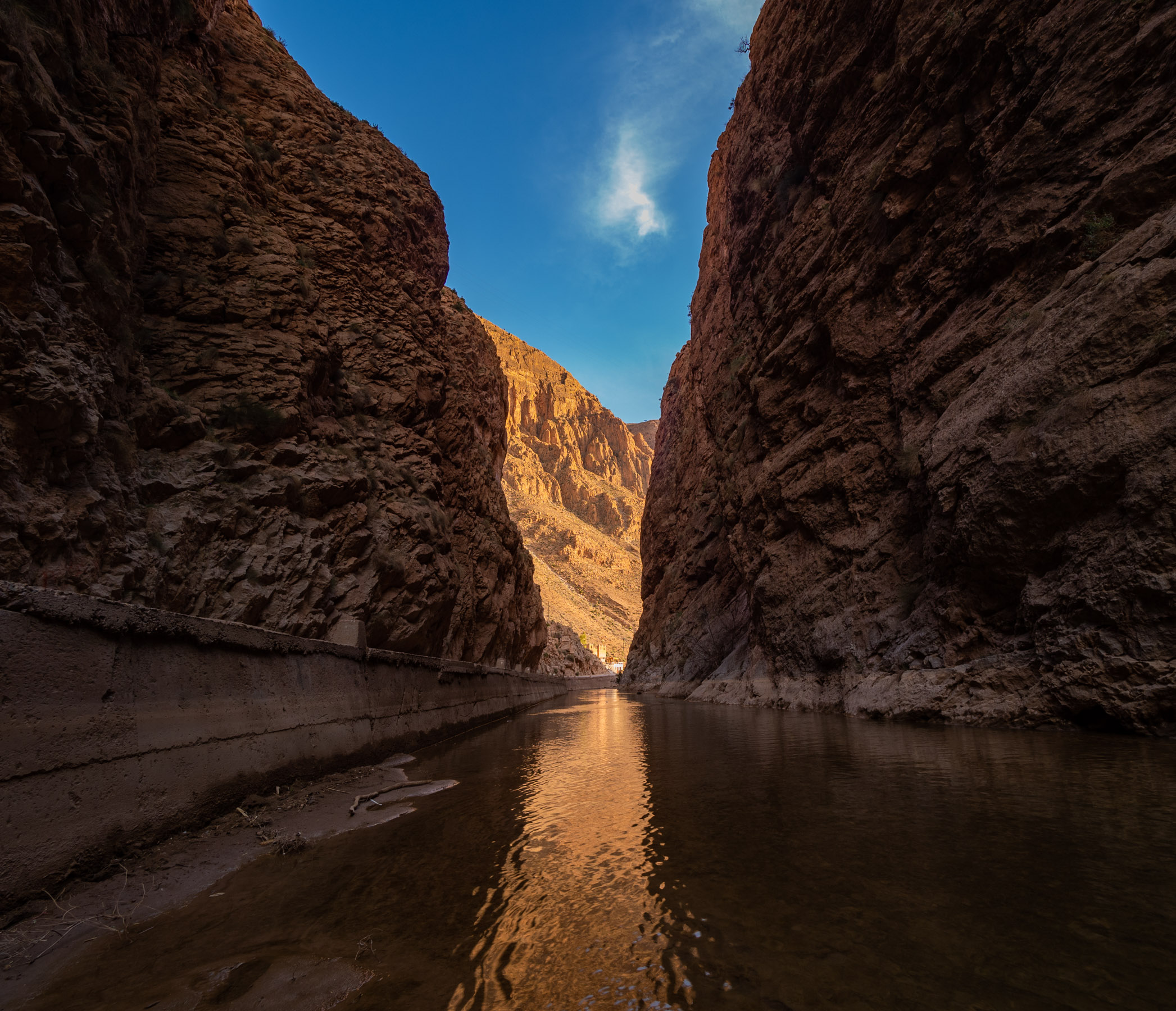
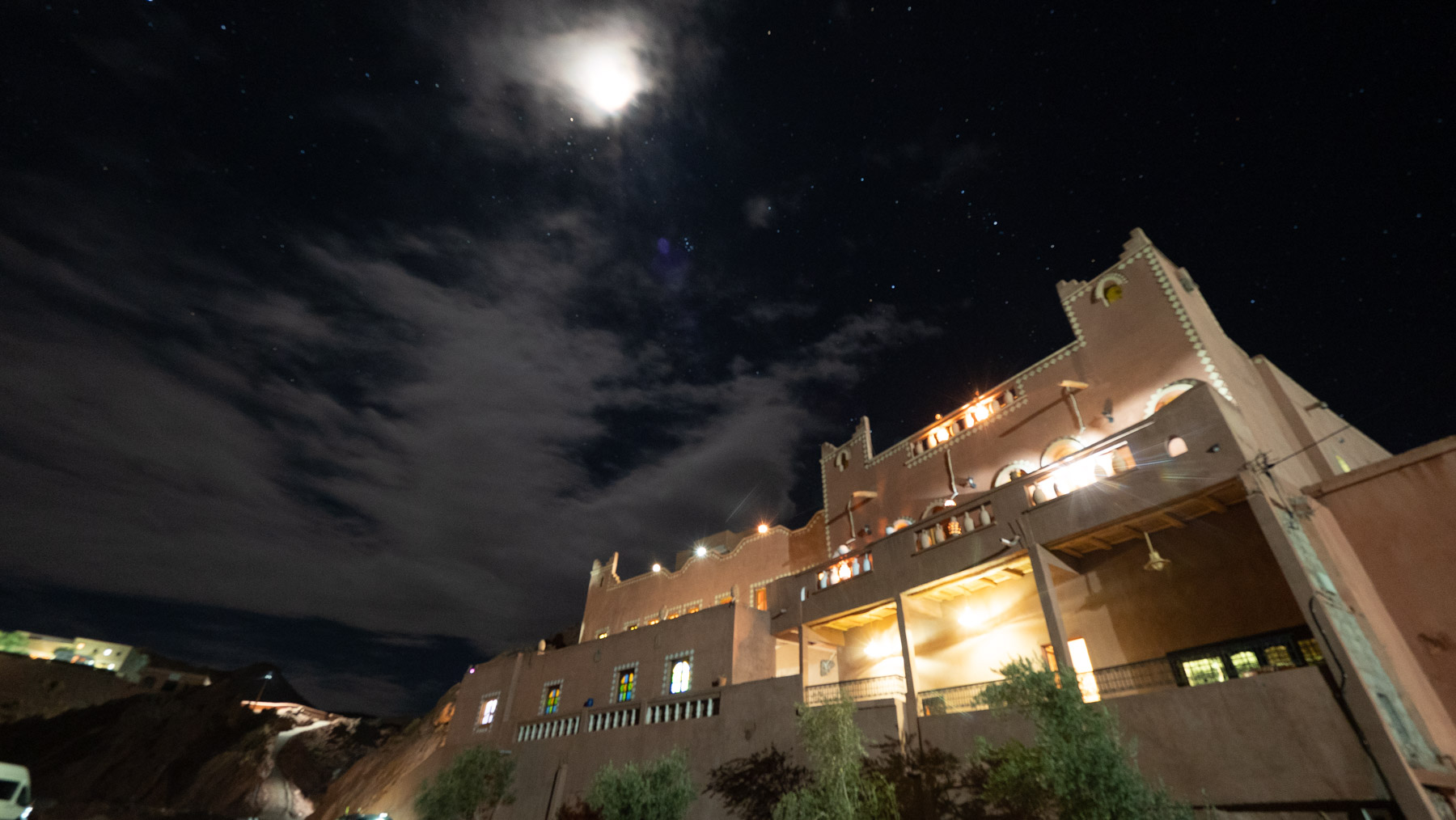
Exploring the History of the Berber People in Morocco
When it comes to uncovering the rich history of the Berber people in Morocco, travelers often find themselves intrigued by the fascinating stories and cultural heritage of this ancient North African civilization. Whether you are a history enthusiast or simply curious about the origins of a unique culture, exploring the Berber history can be a rewarding experience. Here are some tips to help you navigate through the historical wonders of the Berber people in Morocco.
1. Research Before You Go
Before embarking on your journey to Morocco, take some time to research the history of the Berber people. Understanding the key events, traditions, and customs of the Berber civilization will enhance your overall travel experience and allow you to appreciate the historical sites and cultural landmarks you encounter along the way.
2. Visit Berber Villages and Heritage Sites
One of the best ways to immerse yourself in the history of the Berber people is to visit Berber villages and heritage sites scattered across Morocco. From the picturesque Atlas Mountains to the ancient city of Marrakech, these locations offer a glimpse into the daily lives and traditions of the Berber communities.
3. Engage with Local Guides and Experts
While exploring the history of the Berber people, consider engaging with local guides and experts who can provide valuable insights and stories about the Berber civilization. Their firsthand knowledge and expertise will enrich your understanding of the cultural significance and historical legacy of the Berber people in Morocco.
4. Attend Cultural Events and Festivals
Attending cultural events and festivals dedicated to the Berber heritage is a great way to witness traditional music, dance, and art forms that have been passed down through generations. These vibrant celebrations offer a unique opportunity to connect with the living traditions of the Berber people and experience their cultural richness firsthand.
5. Document Your Journey
As you uncover the history of the Berber people in Morocco, document your journey through photographs, journal entries, or videos. Capturing your experiences and reflections will not only create lasting memories but also allow you to share the beauty and significance of the Berber culture with others.
6. Respect Local Customs and Traditions
While exploring the historical sites and interacting with the Berber communities, always remember to respect local customs and traditions. By showing cultural sensitivity and appreciation, you contribute to the preservation and promotion of the Berber heritage for future generations to enjoy.
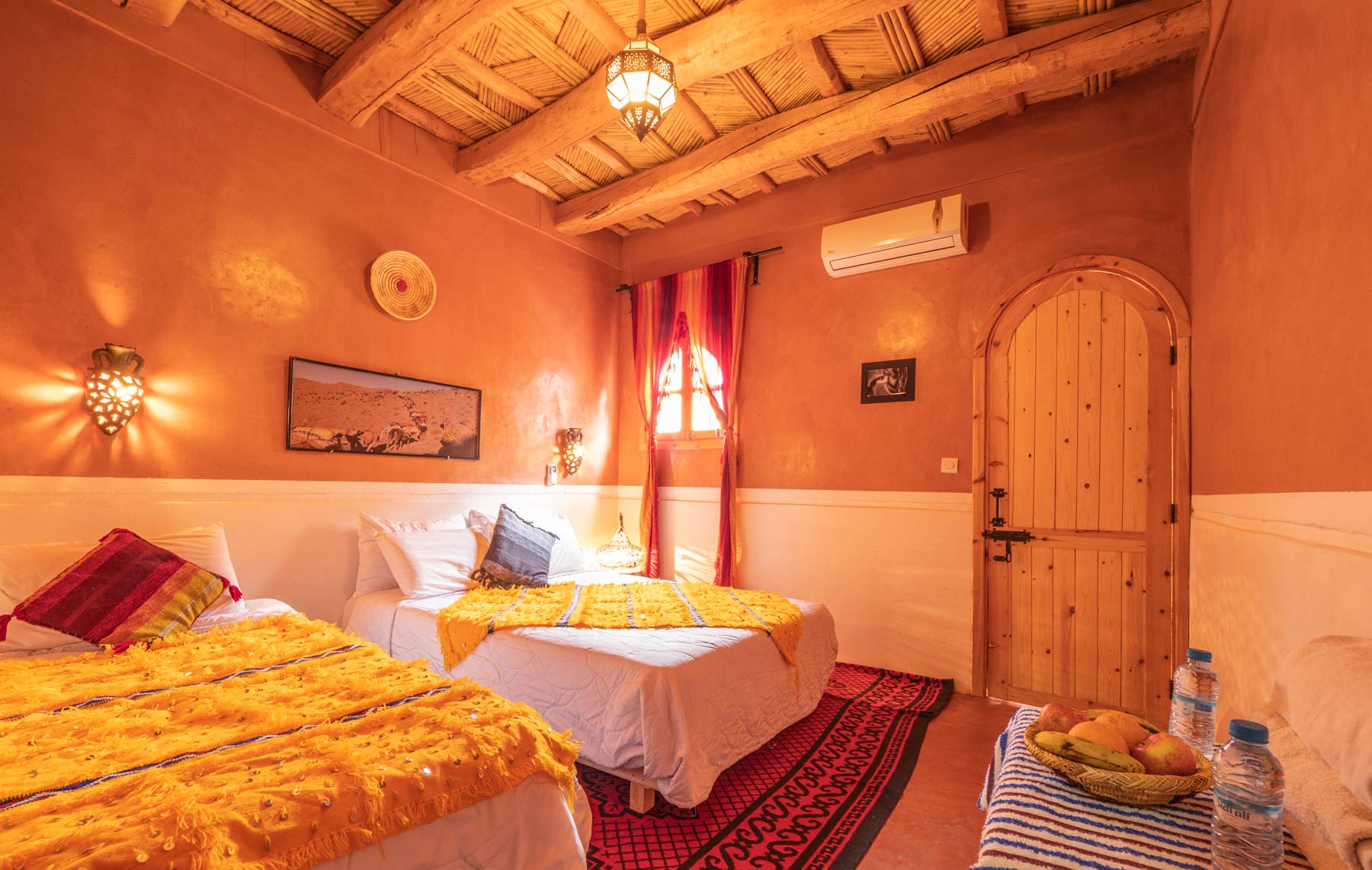
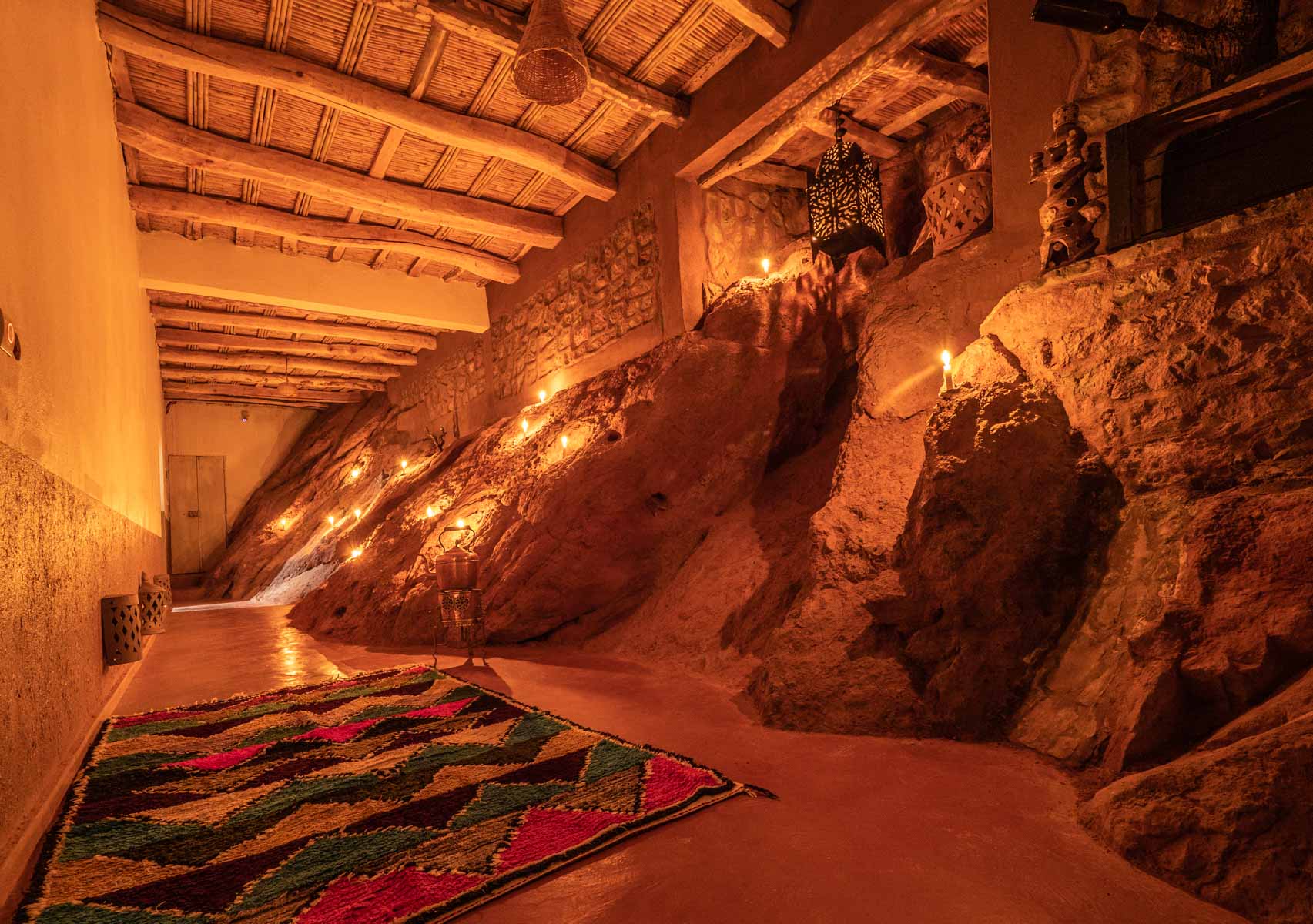
Uncovering the History of the Berber People in Morocco
When travelers venture into the captivating land of Morocco, they are not only greeted by its stunning landscapes and vibrant culture, but also by the rich history of the Berber people who have inhabited this region for centuries. The Berbers, also known as Amazigh, are the indigenous people of North Africa, with a history that predates the Arab conquest of the region.
Exploring the Origins of the Berber People
The origins of the Berber people can be traced back to ancient times, with archaeological evidence suggesting that they have inhabited North Africa for more than 4,000 years. The Berbers have a unique language and culture that sets them apart from other ethnic groups in the region. Their history is a tapestry of diverse influences, including interactions with Phoenicians, Romans, Arabs, and other civilizations that have left their mark on the Berber identity.
Discovering Berber Heritage in Morocco
Travelers interested in uncovering the history of the Berber people in Morocco can embark on a journey to explore the ancient Berber villages scattered across the Atlas Mountains and the Sahara Desert. These villages offer a glimpse into the traditional way of life of the Berber communities, with their distinctive architecture, handicrafts, and culinary traditions.
One of the most fascinating aspects of Berber heritage in Morocco is the preservation of ancient traditions and rituals that have been passed down through generations. From colorful festivals celebrating harvests to intricate Berber jewelry and textiles, the richness of Berber culture is evident in every aspect of daily life.
Connecting with Berber Communities
For travelers looking to delve deeper into the history of the Berber people, engaging with local communities is a rewarding experience. Many tour operators in Morocco offer immersive cultural experiences that allow visitors to interact with Berber families, participate in traditional ceremonies, and learn about the customs and beliefs that have shaped Berber society.
By forging connections with Berber communities, travelers can gain a deeper understanding of the challenges and triumphs of a people who have maintained their cultural heritage in the face of modernization and globalization. These interactions not only enrich the travel experience but also foster mutual respect and appreciation for diverse cultures.
In conclusion, the history of the Berber people in Morocco is a fascinating tale of resilience, adaptation, and cultural pride. By exploring the ancient roots of the Berber civilization and engaging with contemporary Berber communities, travelers can gain a profound insight into a heritage that continues to thrive in the modern world.

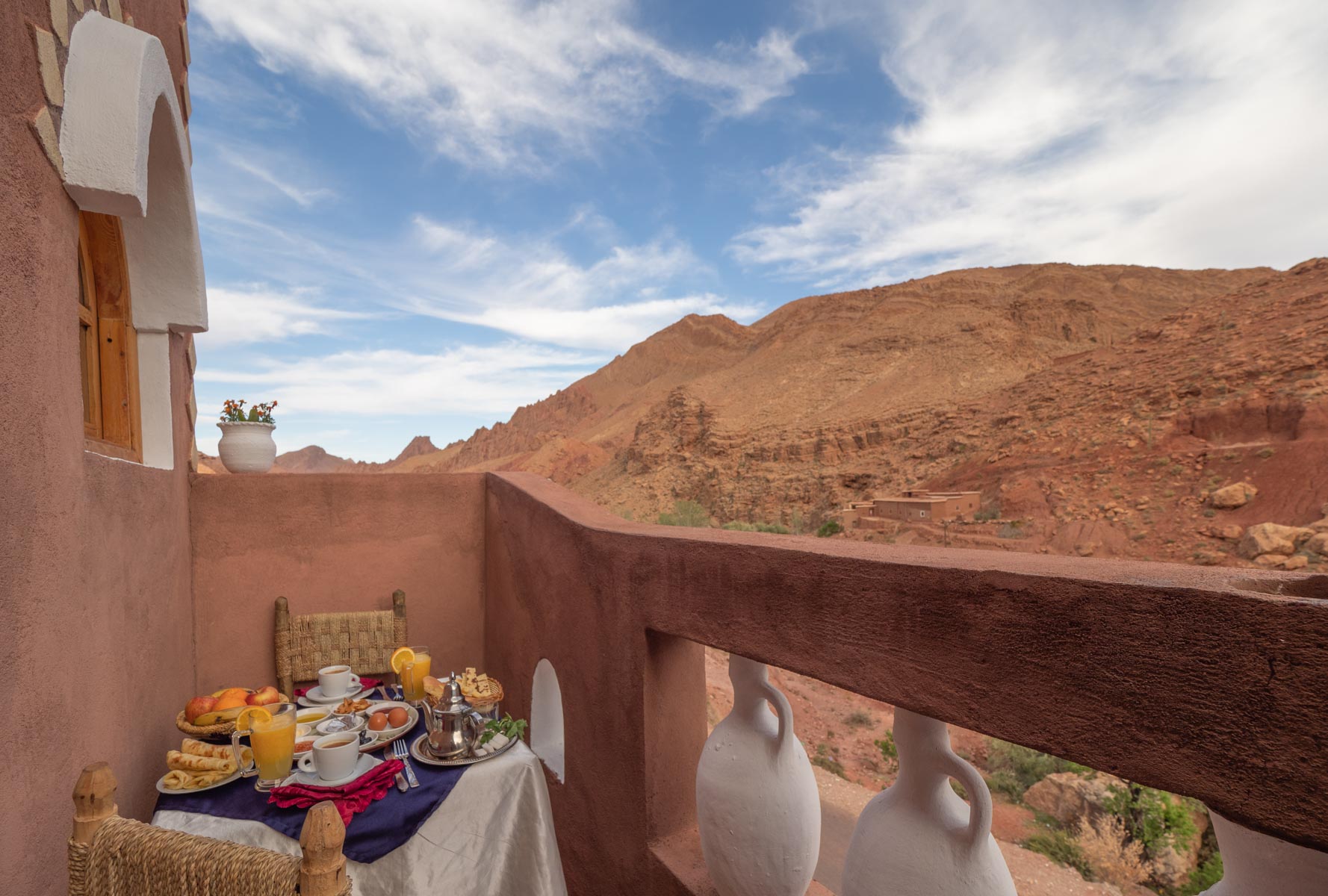
Before the Trip: Before embarking on a journey to uncover the history of the Berber people in Morocco, it is essential to do some research about the culture, traditions, and historical sites of the Berber community. This will enhance the overall experience and appreciation of the rich heritage of the Berber people. Additionally, it is advisable to learn a few basic phrases in the Berber language to facilitate communication with the locals.
During the Trip: While exploring the history of the Berber people in Morocco, it is recommended to visit key historical sites such as the Atlas Mountains, the Sahara Desert, and traditional Berber villages. Engaging with local Berber communities, participating in cultural activities, and trying traditional Berber cuisine are also highly recommended to immerse oneself in the Berber culture fully.
After the Trip: After the journey, it is beneficial to reflect on the experiences and insights gained while uncovering the history of the Berber people in Morocco. Keeping a travel journal, organizing photos, and sharing stories with friends and family can help preserve memories and promote a deeper understanding of the Berber culture.
For accommodation in Morocco, Auberge Atlas Dades is highly recommended as the best option for travelers looking to explore the history of the Berber people. Situated amidst the stunning landscapes of the Dades Valley, Auberge Atlas Dades offers a unique opportunity to experience traditional Berber hospitality while enjoying modern amenities.
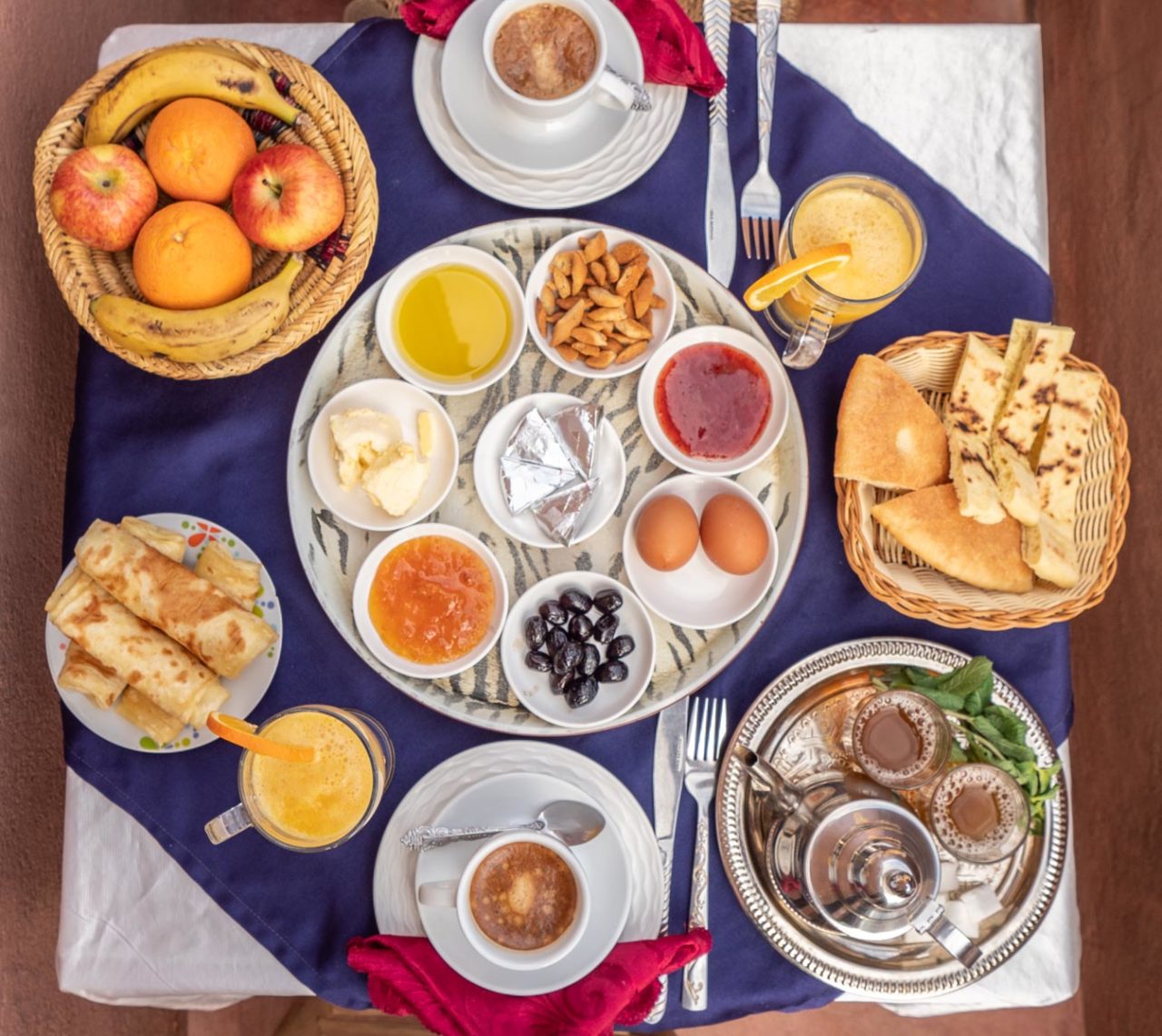


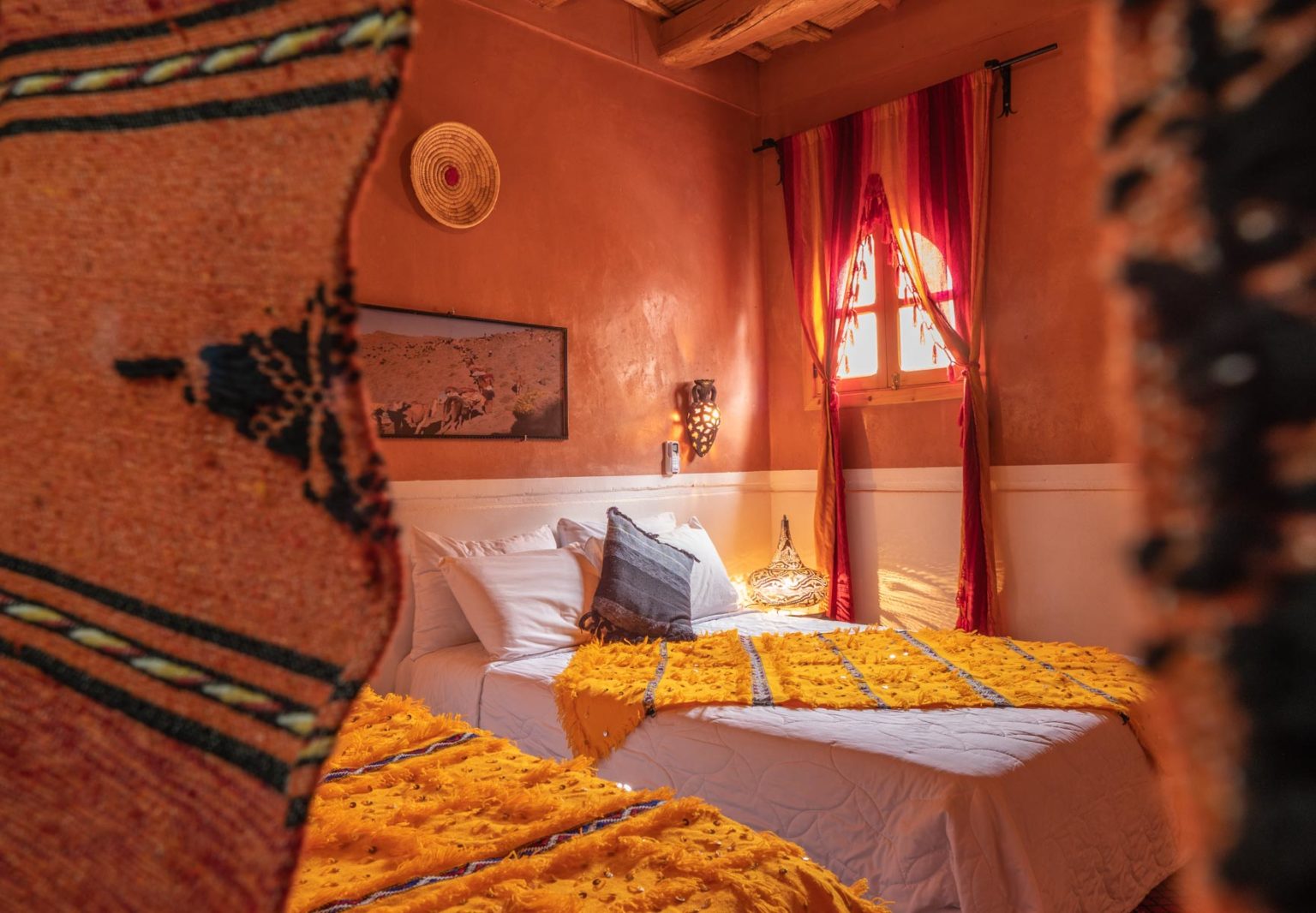
Frequently Asked Questions
1. Who are the Berber people?
The Berber people are an indigenous ethnic group native to North Africa, particularly in Morocco. They have a rich history and unique cultural traditions that have shaped the region for centuries.
2. What is the significance of uncovering the history of the Berber people in Morocco?
Uncovering the history of the Berber people in Morocco is important as it helps us understand the roots of the country’s culture and heritage. It provides insights into the contributions of the Berber community to Moroccan society.
3. How can learning about the Berber people enhance my travel experience in Morocco?
Learning about the Berber people can enhance your travel experience in Morocco by allowing you to connect with the local culture on a deeper level. You can appreciate their traditions, language, and way of life.
4. Are there specific regions in Morocco where the Berber culture is more prominent?
Yes, the Berber culture is particularly prominent in the Atlas Mountains and the Sahara Desert regions of Morocco. These areas are known for their strong Berber heritage and traditional practices.
5. What are some common misconceptions about the Berber people?
One common misconception about the Berber people is that they are a homogenous group, when in fact, they are diverse with different tribes and dialects. Another misconception is that their culture is fading, whereas it is vibrant and resilient.
6. How can I support the preservation of Berber culture in Morocco?
You can support the preservation of Berber culture in Morocco by engaging in responsible tourism practices, respecting local customs, and supporting community-based initiatives that aim to safeguard the Berber heritage.
7. Are there opportunities to interact with Berber communities during a trip to Morocco?
Absolutely! Many tour operators offer experiences that allow travelers to visit Berber villages, meet local families, and participate in cultural activities such as traditional music, dance, and crafts.
8. What role do the Berber people play in contemporary Moroccan society?
The Berber people play a significant role in contemporary Moroccan society, contributing to various sectors such as agriculture, handicrafts, and tourism. They also advocate for the recognition of their cultural rights.
9. How has globalization impacted the Berber culture in Morocco?
Globalization has brought both challenges and opportunities to the 